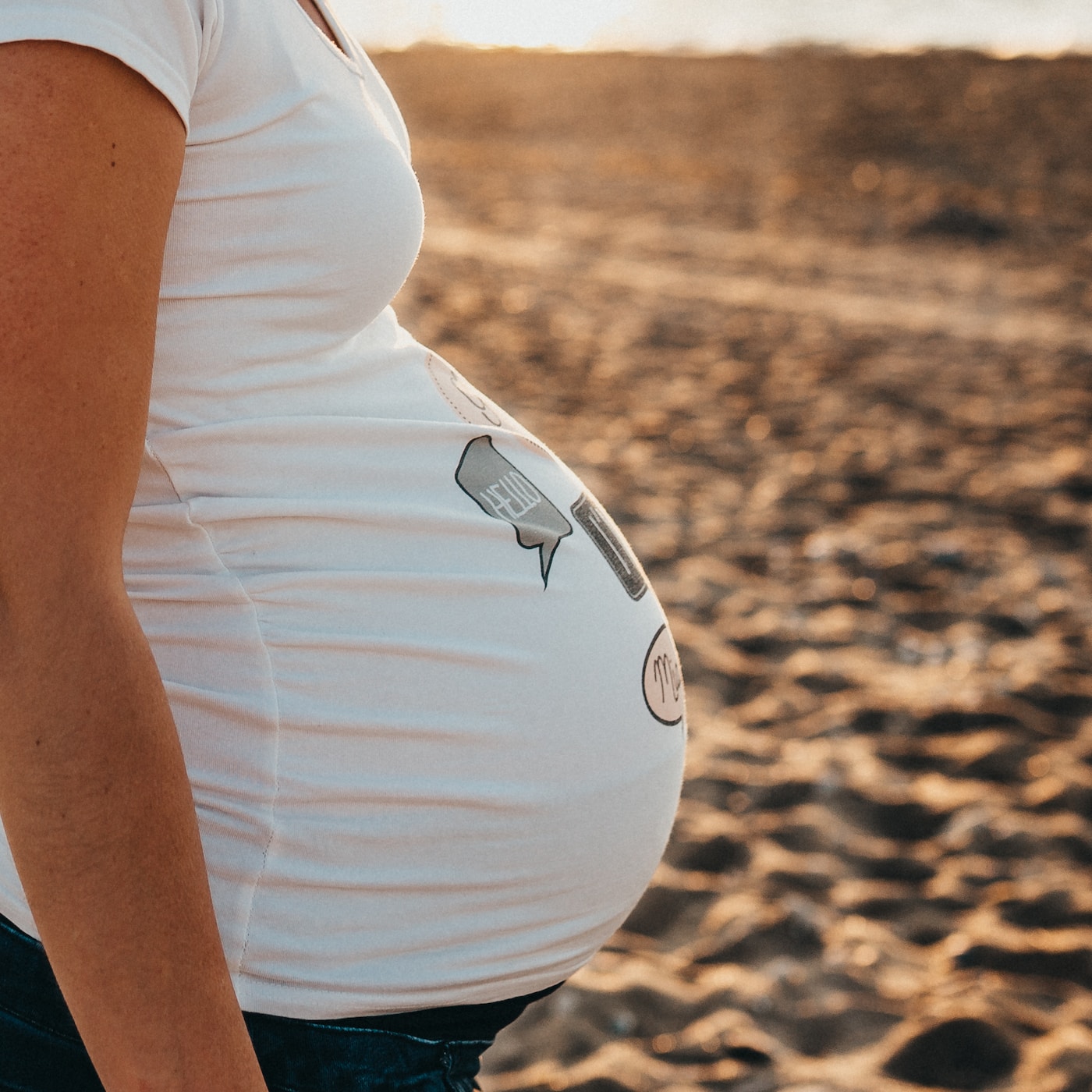For those not in the know, I’ve been knocked up. But it’s okay since it’s by my husband.
This situation opens a whole new level of experience for me in Australia. Being on your own in a foreign country brings out so many issues you never thought off before.
My husband’s family doesn’t live in Sydney, and mine is obviously all the way in Cagayan de Oro. That makes us basically alone in this city down under.
Aside from creating a human being inside of me, I also need to go to work, run a household and enjoy my hobbies – a life not unusual to women here. Lounging around doing leisurely activities is a rarity unless you stop working, which isn’t really encouraged especially since interest rates and petrol prices in this country has been rising constantly.
Every migrant couple must be prepared to do things on their own, with very little help from anyone else. Family units here are not like the family units in the Philippines where a child is born and raised by a clan.
Preparation is integral to the whole process and money is also a definite issue.
At first, we decided to use the state’s private medical system. My husband rarely uses the public system and I still have horrible visions of the medical public system in the Philippines. However, that decision was immediately turned over its head when we realised just how efficient the public system is here.
Every visit to our private doctor would cost us more than AU$200, getting only very little of that back from Medicare and our** private health cover.** Aside from that, we also had to pay over AU$3000 of “management fees” near the estimated date of birth. We only get back around $1000 of that money, which means we are over $2000 out of pocket. That’s excluding the payment for the delivery, possible complications and the room! And for what services? The visits are not unusual - it’s something a public doctor can easily do. They said you wait over an hour in the public system but it’s the same thing with the private anyway. There were times when we waited for almost two hours to see the doctor. And finally, if you give birth during the weekend, you don’t get your doctor anyway because** it still depends on who is on duty that weekend**.
We thought this over and finally decided to save our money and move to the public system. We still get the same services and room for free. Plus, when you give birth, you get a private doctor anyway. The public hospitals are newly renovated and more equipped than the private hospitals. And if there are complications, private hospitals send the patients to – guess where – the public hospitals, because they are more equipped.
Before the year ends, those having babies will be given an extra bonus of AU$5000 by the Australian government. The policy will change next year and although you still get the same amount, only families within a certain income bracket can avail of it (in Australia, people who work hard to earn more money are constantly PUNISHED).
Shopping for baby things are fun, yes, but the prices are ridiculously expensive. How do couples on a budget do it then? Ebay, for one. Second, scrounge from your friends who previously had babies, in the hope they still have their things. We were lucky enough to know people who still kept their baby things, and so we saved a lot of money by asking for the stuff that they just end up storing in the garage.
Lastly, solving the problem of expensive day care centers. Because of the impracticality of having a one income family, it is advisable for new mothers to go back to work the soonest possible time. The government actively encourages this by giving out financial incentives in several forms. The only catch is that day care centres in this country charge extortionate fees to watch over your kid – and sometimes you’re not even sure if their watchers are well trained.
For instance, a day care centre in the suburb charges $65 per day to watch your kid – and you have to put your name on the waiting list for at least a year to get a spot. The centres in the city will charge you from $80 a day. That’s $400 a week, or at least $1600 a month (over P62,000 pesos).
How do you save that money? Ask grandma to come over and stay with you to watch the baby. You not only save the money, but you also know your kid’s not going into the hands of some stranger. It is a common occurrence for Filipinos around the world to sponsor their mothers to watch over their kids. Otherwise, you’ll have to cut back on work hours and negotiate with your boss. This is probably one of the reasons why, according to a latest survey, women who just had kids miss out on work promotions and training in Australia.
But that’s another bridge to cross.

